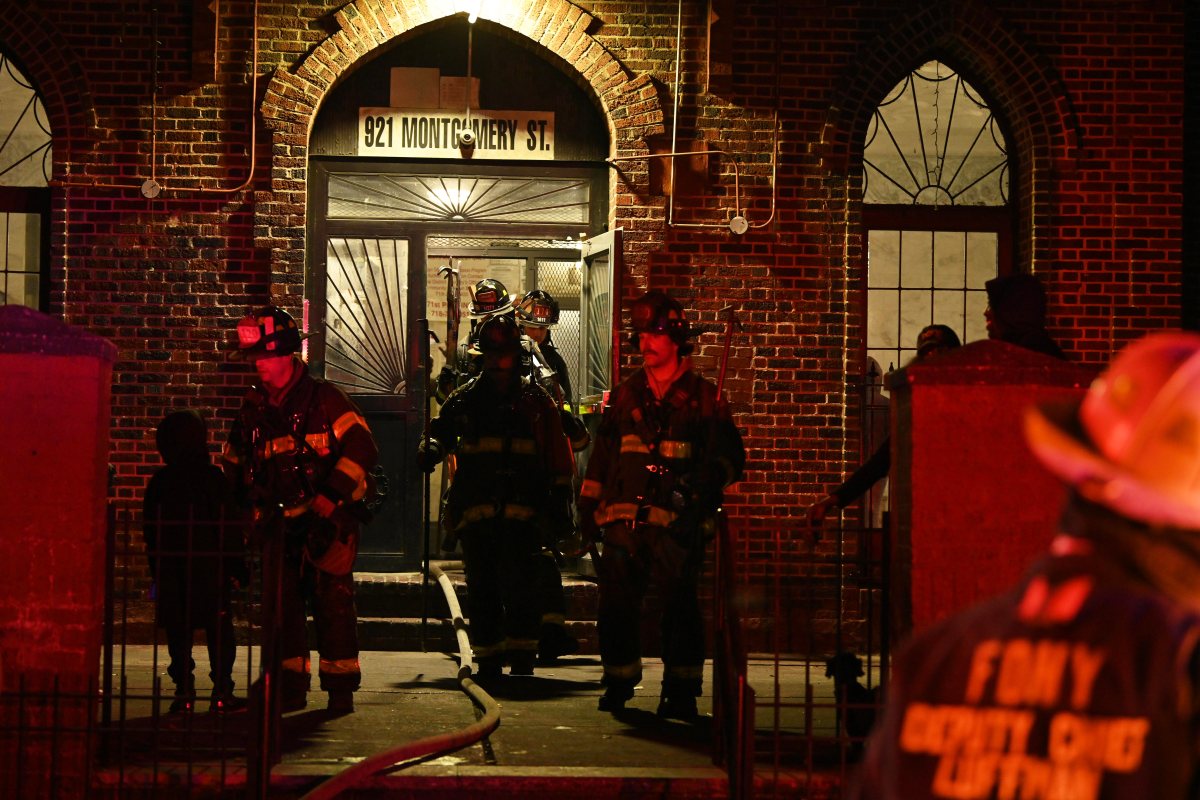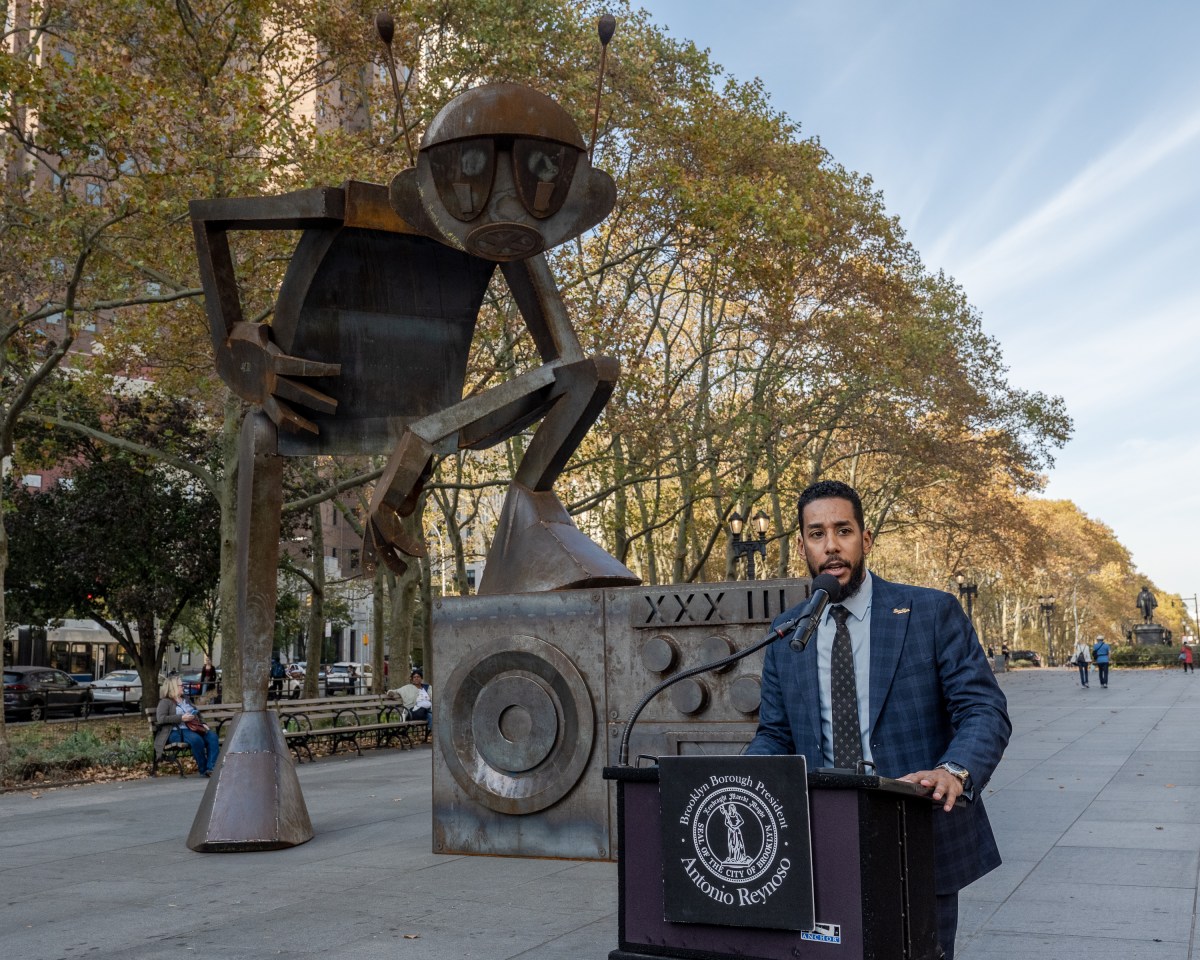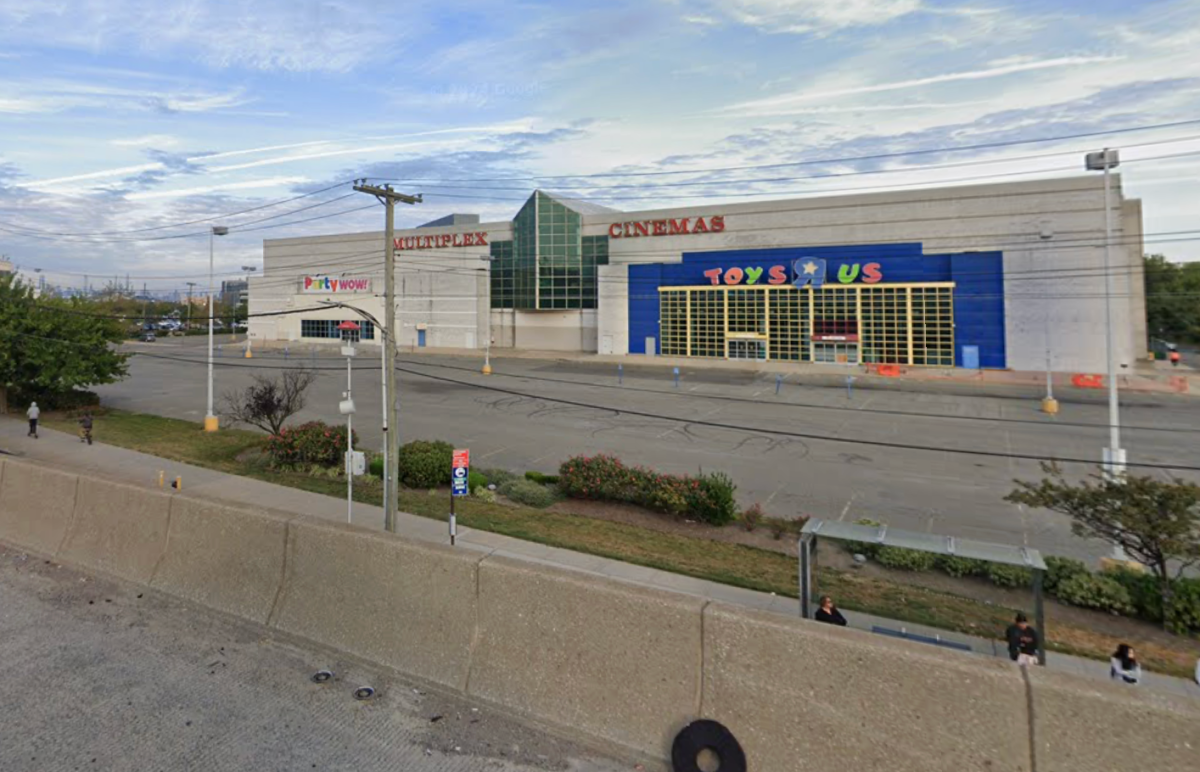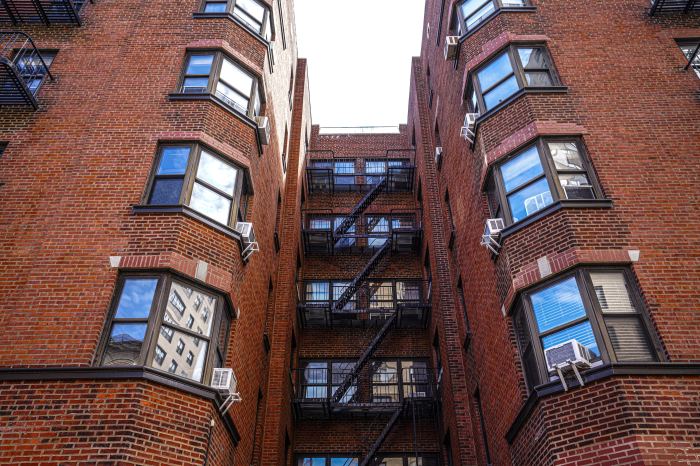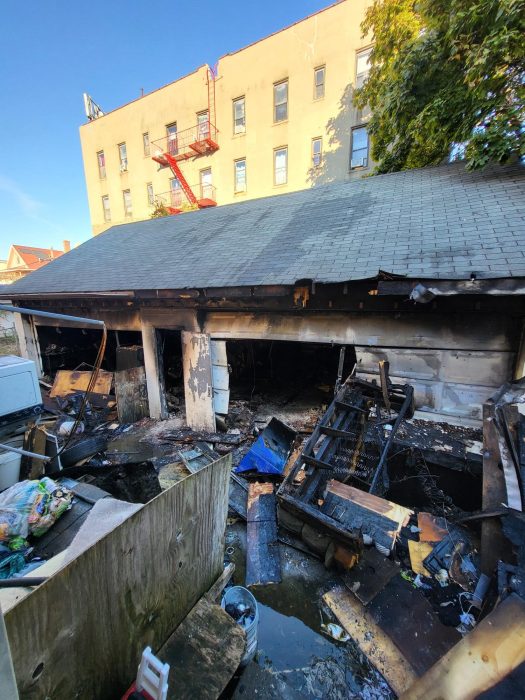
All those LLCs may be paying off.
Most — 89 percent — of 250 surveyed New Yorkers indicated renting an apartment would be easier if they had comprehensive information on landlords, according to a recent survey commissioned by Rentlogic.
Rentlogic, which gives A through F grades to the city’s 1.1 million residential buildings, has been trying to capitalize on tenants’ desire to learn more about who they are renting from.
Founded in 2013, Rentlogic has tweaked its grading tactics and currently uses an algorithm based on the number and gravity of city-issued building violations.
Currently, Rentlogic allows people to look up grades for residences on its website, and, according to its founder, Yale Fox, a building is searched on its site every 51 seconds.
“We live in the Amazon age,” Fox said. “People look up reviews on anything before they make a purchase.”
The startup previously tried to work with real estate listing sites and to launch a web plugin, which overlaid its grades on other websites. Rentlogic no longer wants to get in on the listings industry.
Instead, Rentlogic is trying to set standards — and make money — by selling plaques to landlords that are proud of their grades. For an annual fee, landlords can receive plaques with a building’s letter grade, which contains coding that can be scanned with a smartphone to view the building’s report card. These signs costs between $99 and $999, depending on the building’s size. About 300 buildings are in the process of getting plaques, Fox said.
Arik Lifshitz, CEO of DSA Property Group, is one of those awaiting the signs. Lifshitz said his firm received five As, one B and an F for a group of seven buildings all operated by the same management company, prompting him to question the current formula’s efficacy.
At his request, Rentlogic agreed to do another round of inspections and look into what led to the F.
“When it works properly, and we’re confident that it will, this is a product that’s going to be positive,” Lifshitz said. “Something we worked on together was figuring out a way for the results to be more accurate and to reflect some of the inconsistency that the existing grading system inherently has.”
Another company working to hold property owners accountable, called Whose Your Landlord, has also been making a foray in the city.
The firm currently has one-to-five-star reviews for 4,400 city landlords and property managers, which are based on multiple choice questionnaires. New Yorkers can leave Yelp-style reviews about their buildings on the website. Whose Your Landlord, however, stopped incorporating these comments into their ratings because of bias concerns.
Some landlords were initially upset by Whose Your Landlord, but many are now seeing that the platform is particularly relevant for younger generations, according to its co-founder and CEO, Ofo Ezeugwu, 26.
“The millennial generation has grown up with access to information at their fingertips,” said Ezeugwu. “For anyone that’s servicing those generations, they are understanding now that there has to be more information and more transparency provided because that’s how we make our decisions.”
Whose Your Landlord plans to publish a tenant handbook titled “The 10 Renter Commandments” in the near future. The company is also working on enabling renters to message each other on the site.









